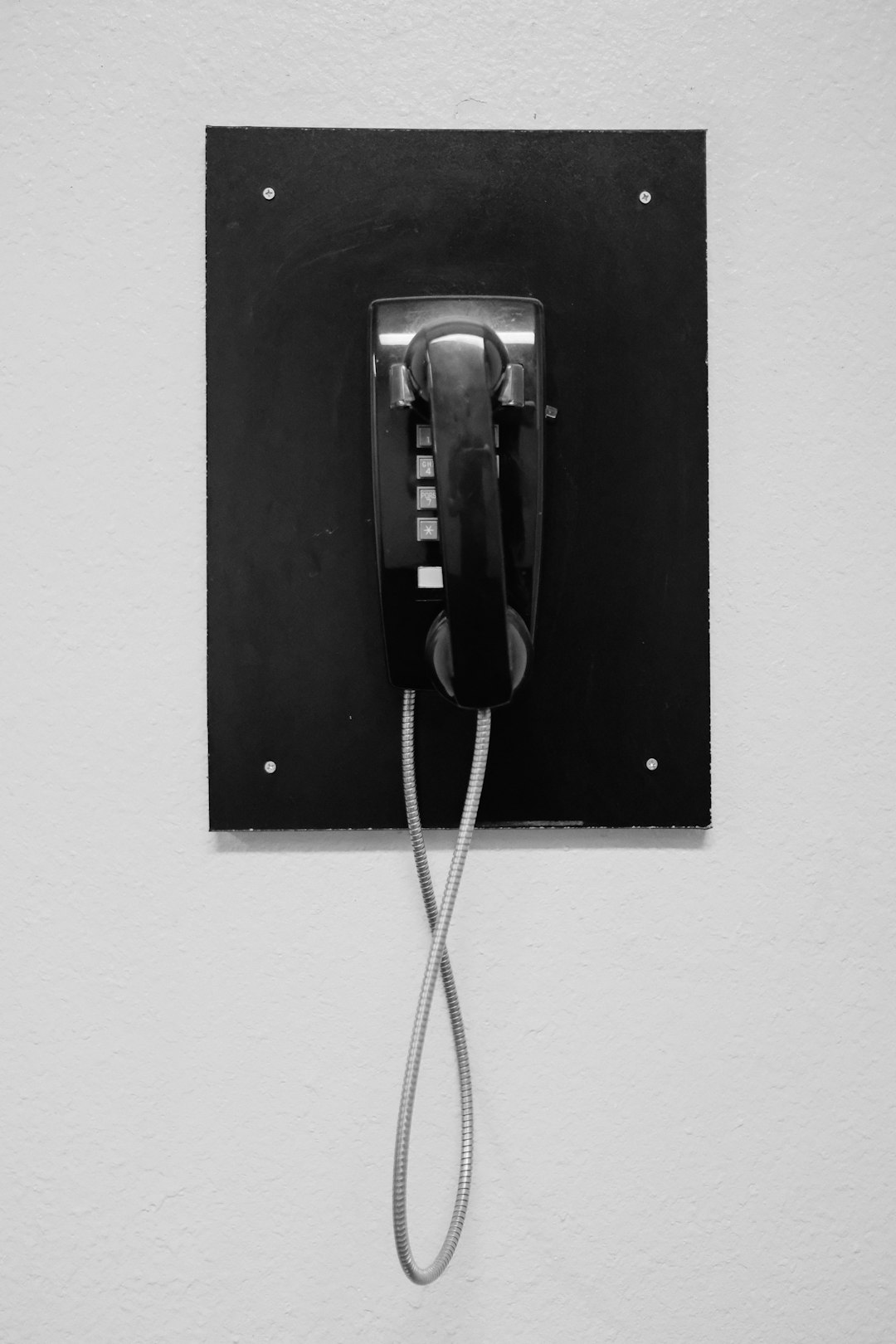South Dakota and Huron have stringent regulations for robocall law firms to protect residents from intrusive marketing. Firms must obtain prior explicit consent, adhere to do-not-call lists, and follow strict guidelines, avoiding penalties and ensuring consumer privacy under the Telephone Consumer Protection Act (TCPA) and local laws. These rules target nuisance calls, deceptive practices, and maintain ethical marketing standards for robocall law firms in South Dakota.
In the digital age, telemarketing has evolved, presenting both opportunities and challenges, especially with the rise of robocalls. This article explores the intricate legal framework governing telemarketing in Huron, South Dakota. We delve into the specific regulations targeting robocalls, dissecting the boundaries between legal practices and consumer protection. Understanding these laws is crucial for law firms navigating the complexities of modern communication, ensuring compliance and safeguarding client rights in the face of technological advancements.
Robocall Regulations in South Dakota: An Overview

In South Dakota, robocalls are subject to specific regulations aimed at protecting residents from unsolicited phone marketing. The state’s robocall laws primarily focus on do-not-call lists and consumer privacy. One key aspect is the requirement for businesses to obtain explicit consent before making automated calls. This means that if you’re a law firm utilizing robocall technology in Huron or any other part of South Dakota, you must ensure that each recipient has given their permission for these types of calls.
The South Dakota Division of Consumer Protection plays a crucial role in enforcing these rules. They maintain the state’s do-not-call list, which allows individuals to opt out of receiving automated telemarketing calls. Law firms need to be mindful of this list and respect consumer choices to avoid potential penalties. Additionally, there are strict guidelines regarding the timing and content of robocalls to ensure they don’t disturb residents during personal time or mislead them with deceptive practices.
Telemarketing Practices: Legal Boundaries in Huron

In Huron, telemarketing practices are governed by both state and federal laws, primarily aimed at protecting consumers from unwanted or deceptive sales calls. The Robocall Law, part of the Telephone Consumer Protection Act (TCPA) in South Dakota, restricts automatic phone calls to individuals without their prior consent. This law is particularly stringent when it comes to marketing purposes, emphasizing the need for clear opt-out mechanisms and strict compliance to avoid substantial financial penalties.
While the TCPA provides a federal framework, state laws like those in Huron can offer additional protections or nuances. For instance, local regulations might stipulate specific hours during which telemarketing calls are permitted, further limiting when businesses can engage in such activities. Understanding these legal boundaries is crucial for law firms operating in South Dakota who utilize telemarketing as part of their marketing strategies to ensure they adhere to the letter and spirit of the law.
Consumer Protection: South Dakota's Role

In Huron, as in many parts of the country, consumer protection is a key aspect of the legal framework surrounding telemarketing. South Dakota, known for its strict robocall laws, plays a significant role in safeguarding residents from unwanted and deceptive marketing practices. The state’s legislation aims to balance the rights of businesses to market their services with the need to protect consumers from excessive or misleading calls.
South Dakota’s robust consumer protection laws include stringent regulations on automated dialing systems, often associated with robocalls. These rules ensure that telemarketers obtain prior express consent from recipients before initiating calls and provide consumers with clear opt-out options. The state’s Attorney General actively enforces these provisions, holding offending law firms accountable to protect the rights of Huron residents and prevent invasive marketing tactics.
Does Your Firm Comply? Key Takeaways

In Huron, as in South Dakota more broadly, telemarketing activities are subject to stringent legal frameworks designed to protect consumers from intrusive or deceptive practices. The key question for any law firm engaging in such activities is: does your firm comply? Understanding and adhering to these regulations is crucial to avoid penalties and maintain a positive reputation.
Key takeaways include ensuring explicit consent for robocalls, providing clear opt-out mechanisms, and maintaining comprehensive records of caller activity. Law firms must also be mindful of time restrictions, do-not-call lists, and the types of information shared during calls. Compliance not only safeguards against legal repercussions but also fosters trust with clients, demonstrating a commitment to ethical and responsible marketing practices.
Navigating Telemarketing Laws: Local vs. Federal

Navigating Telemarketing Laws in Huron involves understanding a complex interplay between local and federal regulations. While many states, including South Dakota, have implemented their own laws to combat unwanted robocalls, federal legislation like the Telephone Consumer Protection Act (TCPA) sets broad guidelines for telemarketing practices across the nation.
In Huron, as in other jurisdictions, local laws often complement these federal rules, offering additional protections for residents. This dual regulatory framework ensures a comprehensive approach to addressing issues related to telemarketing, particularly concerning robocalls from law firms. Understanding these legal nuances is essential for both businesses engaged in telemarketing and residents looking to safeguard their privacy and peace of mind.






